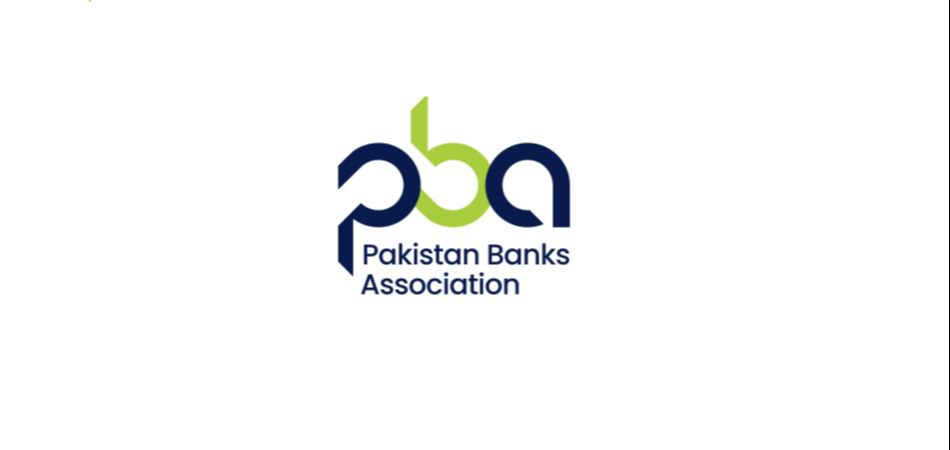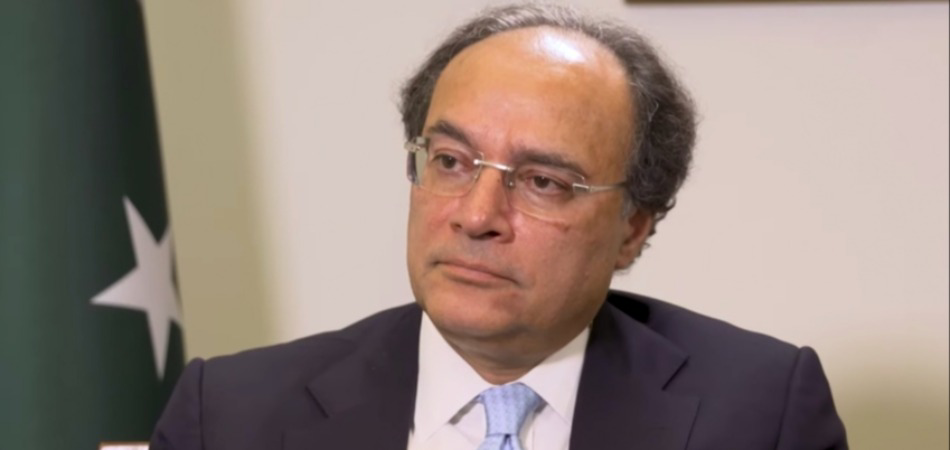Aussie Budget Highlights: Hiring foreign workers will be costlier for Aussie firms, properties owned of foreigners to be taxed, tuition fees raised.

MG News | May 10, 2017 at 01:05 PM GMT+05:00
The Australian budget was announced for the year 2017-18 by Scott Morrison, MP, and Treasurer of the Commonwealth of Australia.
Employing foreign workers will be costlier in the coming few years. With levies introduced to pay for each foreign worker hired, the budget aims at encouraging local employment. Businesses with a turnover of $10m will have to pay $5000 for permanent work visa holders and $1800 for temporary work visa holders, while businesses will turnover less than $10mn will have to pay $3000 on each foreign worker.
The banks will pay new tax which aims to raise 6.2Billion in the coming four years. The tax is imposed upon only those banks which incur liabilities at or above $100 bn. The rate will be collected quarterly at 0.015%, equaling 0.06 per year. The banks to be hit by this new tax are the four major banks of Australia. ANZ, Westpac, NAB and Commonwealth bank – each will pay around $300m $400mn every year. Shares of major banks dipped few hours before the budget announcement. The drop saw a reduction of $14bn in reduction of value of major banks. Senator Derryn Hinch has asked for an enquiry into given the fact that banks saw a sharp decline in their stock prices well before the budget announcement of bank levy were made. The senator has asked for the details of investors who bet short and to determine whether they had any links to the parliament house. In an effort to ensure that the banks do not pass these costs on to the consumers, an enquiry committee will be observing the bank’s changes in their mortgage prices, fees and interest rates until June 30.
The Medical and Healthcare aims to tax 2.5% on every individual earning $21,655, resulting in an increase of 0.5% to raise $8.2bln over the next four years. The raised amount will be utilized in funding the National Disability Insurance Scheme. The government has also struck a deal with Medicines Australia to save up to 1.292bln by relying more on generic and biosimilar dugs.
The Australian government also announced to increase the capital gains discount from 50% to 60%, the move is aimed at facilitating the first time owners to buy a house. Foreign home ownership in new projects will be limited to 50%, where as the foreign owners who leave their property un-occupied or unrented for at least six months every year will also be charged higher taxes.
The welfare measures have been introduced with a new demerit system, which would have the welfare claimers meet some mutual obligations in order to receive welfare. Any welfare claimer incurring four point demerits will face a payment loss for up to 8 weeks. Furthermore, drug tests will be introduced for the 2500 welfare claimers and results would determine whether they will continue to receive the aid or sent for treatment.
Higher education reforms announced before the budget, including an efficiency dividend and increases in fees, will raise $3.756bn over four years.
The government has initiated an infrastructure program worth $75bln for the next four years. The program includes $10bn National Rail Program, $5.3bn in equity for Western Sydney Airport and $8.4bln for Inland Rail projects.
The defence budget will receive a raise in 2020-21 which is $42bln up from the next year’s $34.6bln next year. However, efforts to increase savings will also be undertaken. The savings will come from “reductions in the numbers of consultants and contractors used in defence as well as limiting the use of non-operational overseas and business travel”
Related News
| Name | Price/Vol | %Chg/NChg |
|---|---|---|
| KSE100 | 134,299.77 290.06M |
0.39% 517.42 |
| ALLSHR | 84,018.16 764.12M |
0.48% 402.35 |
| KSE30 | 40,814.29 132.59M |
0.33% 132.52 |
| KMI30 | 192,589.16 116.24M |
0.49% 948.28 |
| KMIALLSHR | 56,072.25 387.69M |
0.32% 180.74 |
| BKTi | 36,971.75 19.46M |
-0.05% -16.94 |
| OGTi | 28,240.28 6.19M |
0.21% 58.78 |
| Symbol | Bid/Ask | High/Low |
|---|
| Name | Last | High/Low | Chg/%Chg |
|---|---|---|---|
| BITCOIN FUTURES | 118,140.00 | 119,450.00 115,635.00 |
4270.00 3.75% |
| BRENT CRUDE | 70.63 | 70.71 68.55 |
1.99 2.90% |
| RICHARDS BAY COAL MONTHLY | 97.50 | 0.00 0.00 |
1.10 1.14% |
| ROTTERDAM COAL MONTHLY | 108.75 | 108.75 108.75 |
0.40 0.37% |
| USD RBD PALM OLEIN | 998.50 | 998.50 998.50 |
0.00 0.00% |
| CRUDE OIL - WTI | 68.75 | 68.77 66.50 |
2.18 3.27% |
| SUGAR #11 WORLD | 16.56 | 16.60 16.20 |
0.30 1.85% |
Chart of the Day
Latest News
Top 5 things to watch in this week
Pakistan Stock Movers
| Name | Last | Chg/%Chg |
|---|
| Name | Last | Chg/%Chg |
|---|




 MTB Auction
MTB Auction